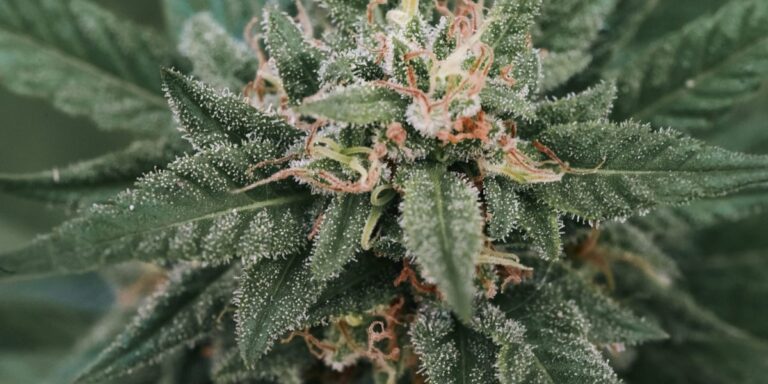
Medical marijuana can now be purchased legally in North Carolina, with the Eastern Band of Cherokee Indians opening its long-planned dispensary on tribal land this weekend.
Hundreds of people, many with medical patient cards approved to purchase items, celebrated the historic opening of the Great Smoky Cannabis Co. on Saturday on the eastern strip land known as the Qualla Boundary, reported the Asheville Citizen-Times. Saturday was April 20, also known as “Day 420,” or the annual Marijuana Celebration Day.
The ceremony marks the latest liberalization of marijuana rules by the tribe, which in 2021 decriminalized possession of small amounts of marijuana on its 89 square miles (231 square kilometers) of land in the Blue Ridge Mountains. The tribe also formed a medical marijuana system that included a business created by the tribe to grow cannabis and sell it, reaping financial rewards for tribal members and helping those suffering from health problems.
“This project will forever change the trajectory of their lives,” Forrest Parker, chief executive officer of Qualla Enterprises, the tribal corporation that runs the dispensary, said during the opening ceremony. “It will be a conduit to generations of unprecedented social, economic and spiritual growth. »
The Eastern Band, which has about 14,000 members, can adopt rules allowing cannabis as a sovereign nation and federally recognized tribe. Marijuana use remains illegal in the rest of North Carolina. Still, Republican U.S. Senators Thom Tillis and Ted Budd have raised concerns with federal and state law enforcement about whether drug laws would continue to be enforced in light of the dispensary. A statewide medical marijuana bill has been considered in recent years by the North Carolina General Assembly.
Adults at least 21 years of age with a tribal medical cannabis patient card or an approved out-of-state medical marijuana card may purchase items from Great Smoky Cannabis Co.
The scale of marijuana sales could become much greater. In a referendum last September, a majority of Eastern Strip voters supported adult recreational use of marijuana on tribal lands. The question also asked whether voters supported the tribal council in developing legislation to regulate such a market.
The Charlotte Observer reported that an adult-use ordinance could be finalized in June, citing council member Boyd Owle.
“Let’s get this straight before we publish it. But we’re on the right track,” Owle said after a council work session on the ordinance earlier this month.
The dispensary could generate more than $200 million in gross sales revenue in its first year if it were limited to medical patients, compared to $385 million if the product was available to all adult users, according to figures from Qualla Enterprises published before last year’s adult use referendum.
At Saturday’s ceremony, tribal translator Myrtle Driver Johnson purchased the first medical marijuana in a transaction conducted in English and Cherokee. She said she named and translated the different varieties of cannabis into Cherokee.


